Meet Justice Joymalya Bagchi and his Notable Judicial decisions
- ByPravleen Kaur --
- 17 Jun 2025 --
- 0 Comments
Justice Joymalya Bagchi, born on October 3, 1966, in Kolkata, is a distinguished judge of the Supreme Court of India, having assumed office on March 17, 2025. With a legal career spanning over three decades, Justice Bagchi is recognized for his integrity, progressive jurisprudence, and commitment to judicial excellence. He is an alumnus of Calcutta Boys’ School and Calcutta University, where he excelled in his LL.B. studies. After enrolling as an advocate in 1991, he built a reputation in constitutional, civil, and criminal law, arguing several landmark cases before the Calcutta High Court, other High Courts, and the Supreme Court.
Justice Bagchi was appointed as a permanent judge of the Calcutta High Court in 2011, briefly served at the Andhra Pradesh High Court in 2021, and returned to Calcutta later that year. He played a pivotal role in judicial education, notably chairing the sub-committee that drafted the 2024 Baseline Report on the National Framework for Court Excellence.
Landmark Judgments
1. Protection of Child Victims’ Rights
In Bijoy vs. State of West Bengal, Justice Bagchi issued directives safeguarding the fundamental rights and dignity of child victims. His measures were later incorporated into the Supreme Court’s ruling in Nipun Saxena vs. Union of India, setting national standards for the treatment of child victims in the justice system.
2. Anti-Human Trafficking and Victim Compensation
In State of West Bengal vs. Sangita Sahu, he ordered the establishment of Anti-Human Trafficking Units (AHTUs) and mandated prompt victim compensation, aiming to prevent secondary victimization and ensure efficient handling of trafficking cases.
3. Transparency in Narcotics Law Enforcement
His ruling in Kalu SK & Ors required videography of narcotics seizures, enhancing transparency and accountability in law enforcement. This directive was later adopted as a statutory requirement in the Bharatiya Nagarik Suraksha Sanhita, 2023.
4. Expediting Criminal Trials
In Bibekananda Pramanik vs. State of West Bengal, Justice Bagchi introduced mechanisms for the prompt examination of public witnesses, including maintaining registers and using video conferencing, to reduce delays in criminal trials.
5. Sentencing in Terrorism Cases
In Muzaffar Ahamed Rather vs. State of West Bengal, he adopted a humane approach to sentencing lower-level operatives (“foot soldiers”) in terrorist organizations, reflecting a nuanced understanding of culpability.
6. Death Penalty Jurisprudence
In State of West Bengal v. Saiful Ali (2023), Justice Bagchi set aside a death sentence, holding that the gravity of the offence alone does not justify capital punishment without proof of conspiracy and shared intent beyond reasonable doubt.
Legacy and Philosophy
Justice Bagchi is lauded for his commitment to protecting vulnerable groups, promoting procedural fairness, and advancing judicial reforms. His jurisprudence emphasizes constitutional supremacy, transparency, and the humane application of law, making him a leading figure in contemporary Indian judiciary.














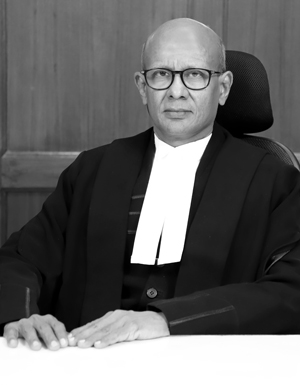
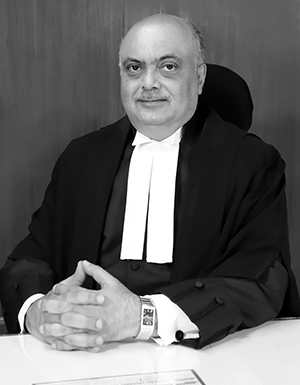
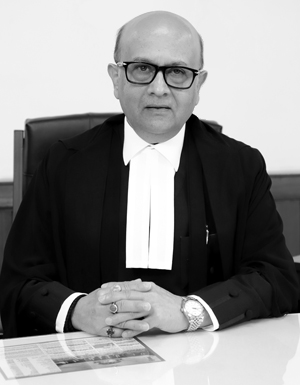



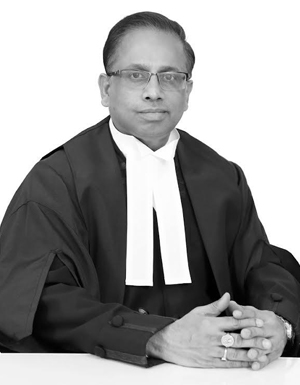

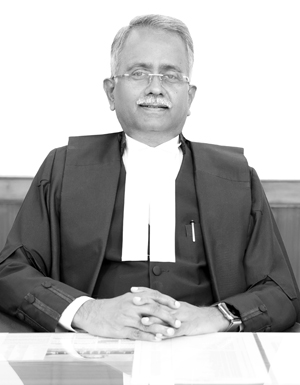
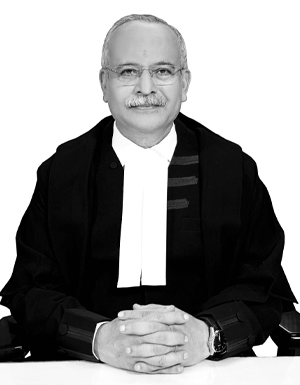

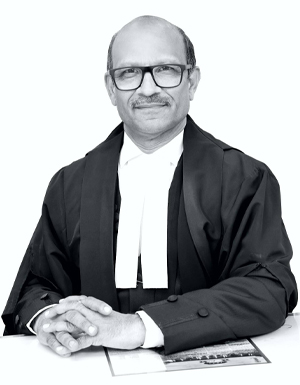



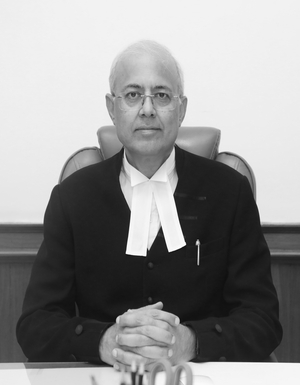

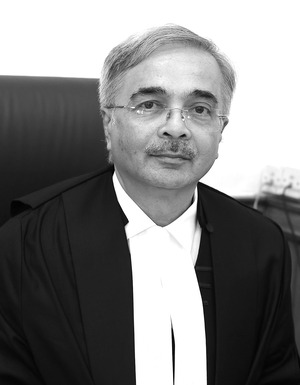
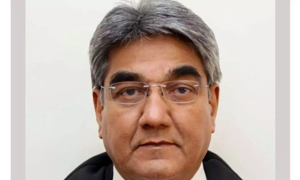


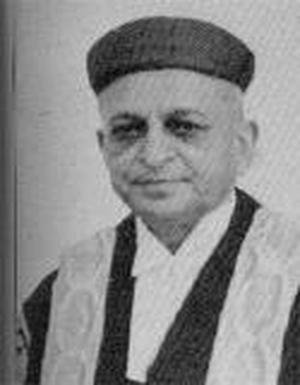
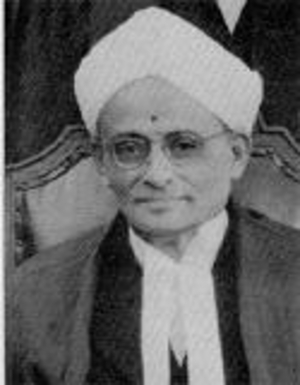

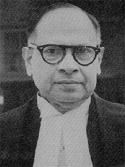


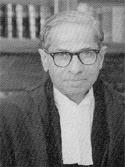
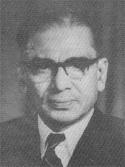
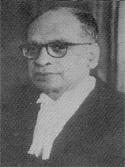







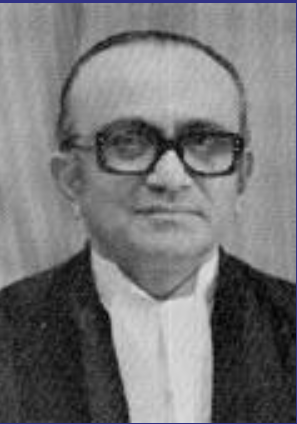




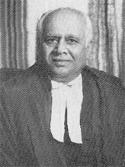


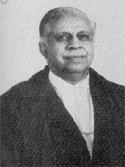










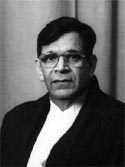


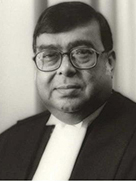





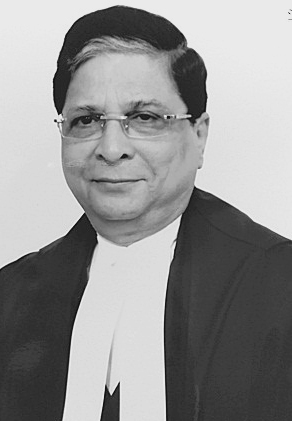
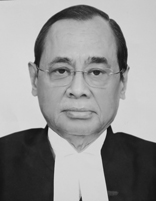



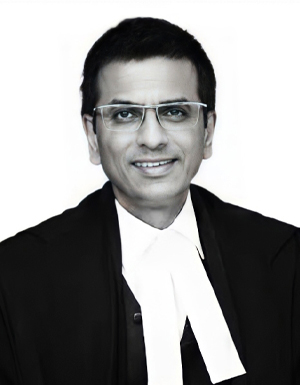


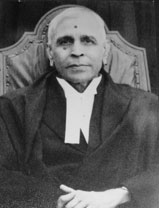


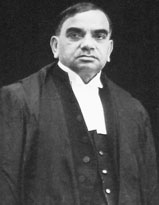

0 comments